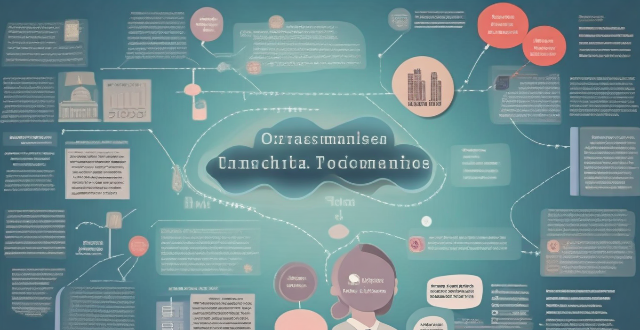The text discusses strategies to ensure equitable distribution of vaccines and treatments for infectious diseases globally. It suggests increasing production capacity through investing in research and development, expanding manufacturing capabilities, improving financing mechanisms by providing financial support to low-income countries and encouraging private sector participation, strengthening infrastructure and logistics through enhancing cold chain systems and developing distribution networks, promoting political will and global cooperation through advocating for international agreements and addressing intellectual property rights issues.

How can we ensure equitable distribution of vaccines and treatments for infectious diseases globally?
Introduction
The equitable distribution of vaccines and treatments for infectious diseases is crucial to mitigate the impact of pandemics on a global scale. However, achieving this goal requires overcoming several challenges related to production capacity, financing, infrastructure, and political will. In this article, we will explore various strategies that can be employed to ensure fair access to life-saving medical interventions.
Main Section
Increase Production Capacity
*Invest in Research and Development*
- Encourage pharmaceutical companies to invest in R&D by offering tax incentives or grants.
- Foster collaboration between governments, academia, and industry to share knowledge and resources.
*Expand Manufacturing Capabilities*
- Build new manufacturing plants in different regions to reduce transportation costs and time.
- Utilize technology transfer agreements to help local companies acquire the necessary expertise to produce vaccines.
Improve Financing Mechanisms
*Provide Financial Support to Low-income Countries*
- Create a global fund dedicated to supporting vaccination programs in developing nations.
- Offer low-interest loans or grants to cover the cost of vaccines and delivery systems.
*Encourage Private Sector Participation*
- Involve private investors through public-private partnerships (PPPs) to share risks and rewards.
- Offer incentives such as priority purchasing agreements or market exclusivity rights to attract private investment.
Strengthen Infrastructure and Logistics
*Enhance Cold Chain Systems*
- Invest in refrigeration units, transport vehicles, and storage facilities to maintain vaccine efficacy.
- Train personnel in proper handling and storage techniques to prevent spoilage.
*Develop Distribution Networks*
- Establish efficient distribution channels using existing healthcare infrastructure.
- Collaborate with international organizations like WHO and UNICEF to leverage their expertise and resources.
Promote Political Will and Global Cooperation
*Advocate for International Agreements*
- Negotiate treaties that prioritize equitable access to vaccines during health crises.
- Create mechanisms for sharing excess vaccine supplies among countries in need.
*Address Intellectual Property Rights Issues*
- Lobby for temporary waivers of patent rights during public health emergencies.
- Facilitate technology transfers to allow generic manufacturers to produce affordable versions of vaccines.
Conclusion
Achieving equitable distribution of vaccines and treatments for infectious diseases requires a multifaceted approach involving increased production capacity, improved financing mechanisms, strengthened infrastructure, and enhanced political will. By working together, nations can overcome these challenges and ensure that everyone has access to essential medical interventions when they are needed most.